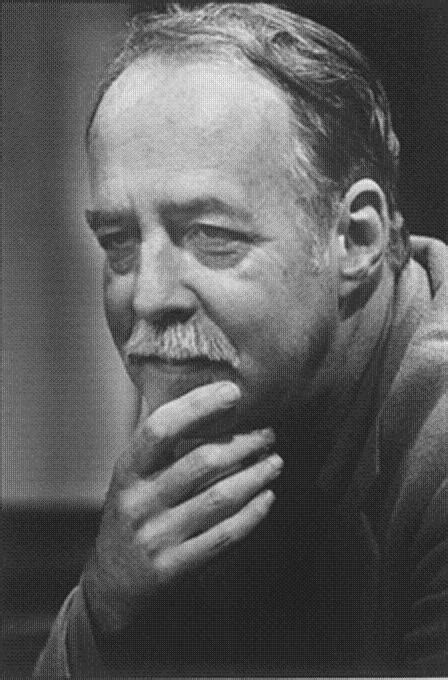A Quote by Dean Koontz
Every day we make our way through a moral forest, along pathways ever branching. Often we get lost. When the array of paths before us is so perplexing that we can't make a choice, or won't, we can hope that we will be given a sign to guide us. A reliance on signs, however, can lead to the evasion of all moral obligations, and thus earn a terrible judgment.
Related Quotes
I know that God loves us. He allows us to exercise our moral agency even when we misuse it. He permits us to make our own decisions. Christ cannot help us if we do not trust Him; He cannot teach us if we do not serve Him. He will not force us to do what's right, but He will show us the way only when we decide to serve Him. Certainly, for us to serve in His kingdom, Christ requires that we experience a change of thought and attitude.
[Grace] is given not to make us something other than ourselves but to make us radically ourselves. Grace is given not to implant in us a foreign wisdom but to make us alive to the wisdom that was born with us in our mother?s womb. Grace is given not to lead us into another identity but to reconnect us to the beauty of our deepest identity. And grace is given not that we might find some exterior source of strength but that we might be established again in the deep inner security of our being and in learning to lose ourselves in love for one another to truly find ourselves.
However often we turn to it [the Koran] at first disgusting us each time afresh, it soon attracts, astounds, and in the end enforces our reverence. . . . Its style, in accordance with its contents and aim is stern, grand, terrible - ever and anon truly sublime - Thus this book will go on exercising through all ages a most potent influence.
The Christian faith, simply stated, reminds us that our fundamental problem is not moral; rather, our fundamental problem is spiritual. It is not just that we are immoral, but that a moral life alone cannot bridge what separates us from God. Herein lies the cardinal difference between the moralizing religions and Jesus' offer to us. Jesus does not offer to make bad people good but to make dead people alive.
Of course fear does not automatically lead to courage. Injury does not necessarily lead to insight. Hardship will not automatically make us better. Pain can break us or make us wiser. Suffering can destroy us or make us stronger. Fear can cripple us, or it can make us more courageous. It is resilience that makes the difference.
Hope is that tiny light that the gods have given us so that we can find our way through our darkest hours. And while we might stub our toes and bruise our knees, if we keep moving forward, even when our progress is slow and painful, we will overcome and be made better by our journey. … No misery or bad situation is ever infinite or final until we make a conscious decision for it to be so.
The sign of the cross is the most terrible weapon against the devil. Thus the Church wishes not only that we have it continually in front of our minds to recall to us just what our souls are worth and what they cost Jesus Christ, but also that we should make it at every juncture ourselves: when we go to bed, when we awaken during the night, when we get up, when we begin any action, and, above all, when we are tempted.
Legality alone is no guide for a moral people. There are many things in this world that have been, or are, legal but clearly immoral. Slavery was legal. Did that make it moral? South Africa’s apartheid, Nazi persecution of Jews, and Stalinist and Maoist purges were all legal, but did that make them moral?



































